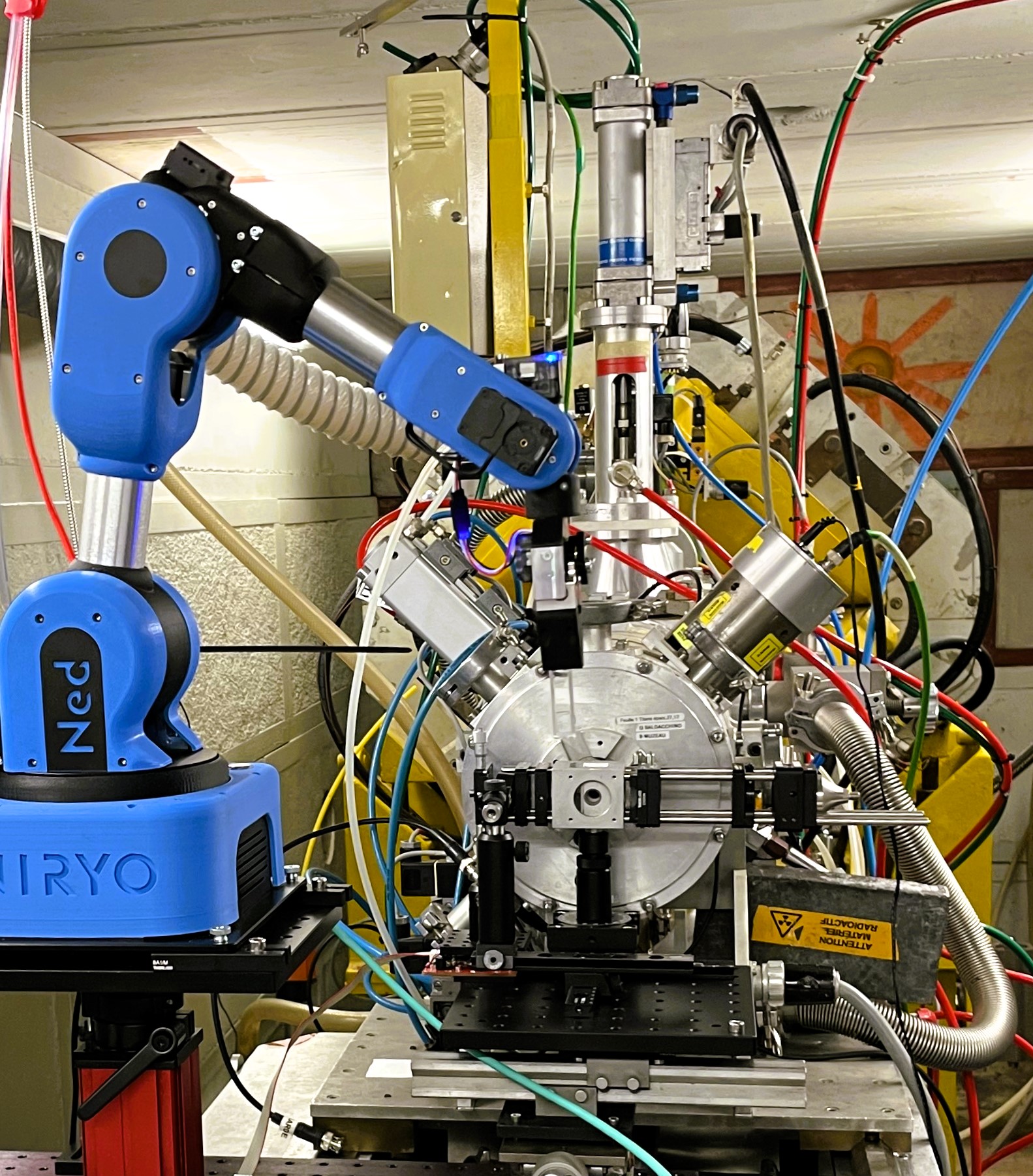
Radical chemistry in water
We’re interested in free-radical chemistry in water, the most common solvent on Earth and also the solvent of living organisms.
This spatially heterogeneous chemistry is produced by ionizing radiation such as accelerated electrons, protons or heavy ions, and ranges from 10-16 s to 1 µs.
We focus on phenomena occurring at high ionization densities, such as Bragg peaks (trace ends), or at extreme dose rates.
Primary effects of energetic particles in liquids under extreme thermodynamic conditions
The generation of radical species triggered by nuclear reactions that produce ionizing particles with high linear energy transfer (LET) in aqueous media, as well as their reactivity, can be considerably affected by extreme thermodynamic conditions (temperatures over 300°C, pressures over 100 MPa, acid or alkaline pH).
These effects are studied using both experimental and computational techniques.
A related project currently under development involves the use of new energetic particle sources driven by high-intensity lasers.
These sources deliver femtosecond clusters of MeV electrons as well as protons and carbons at high LETs, making it possible to study their interaction with various molecular systems, probed by optical spectroscopy.


